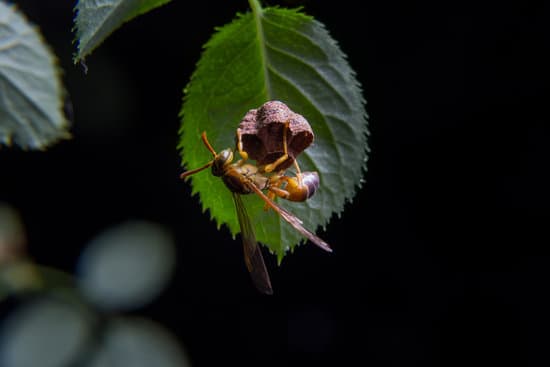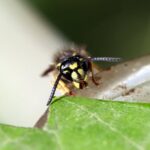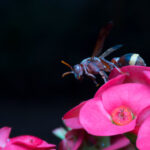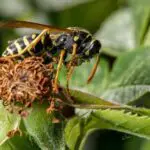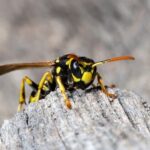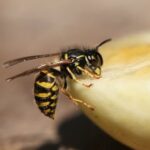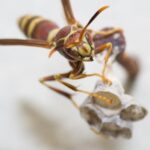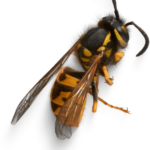How Are Wasps Important to the Environment?
Despite their small size, wasps play an important role in the environment. They are pollinators, decomposers, and control pests. They also help with the growth and production of plants, including flowers.
Wasps are a common sight in the garden, but they can also be a pest to humans. They are known to sting humans and pets. The presence of wasps can cause people to become annoyed and to spray against them. But wasps are important to the environment, and many humans are trying to protect them.
There are around 33,000 species of stinging wasps worldwide. They serve as predators and decomposers, and they help regulate arthropod populations. They are known to have antibiotic properties, and their venom could be used to develop new medicines.
Several species of parasitic wasps are useful in crop agriculture as pest controllers. They kill aphids and other round-bodied aphid species. They are also helpful in controlling populations of cabbage loopers, a crop-devouring pest. Their larvae break down biomass in the soil. These parasitic wasps are mass-produced in factories and distributed by farmers.
Researchers led by University College London studied the benefits of wasps in the environment. Their study was the first to quantify the importance of bees and wasps to the environment. They found that wasps and bees provide many services that humans use every day. Among them, wasps provide ecological resilience, helping to maintain healthy ecosystems.
In addition to their ecological benefits, wasps also provide food for humans. A recent study found that wasp larvae eat up a mass of prey equal to the size of the final adult. Wasps also have the ability to recycle nutrients, and they decompose dead bodies.
